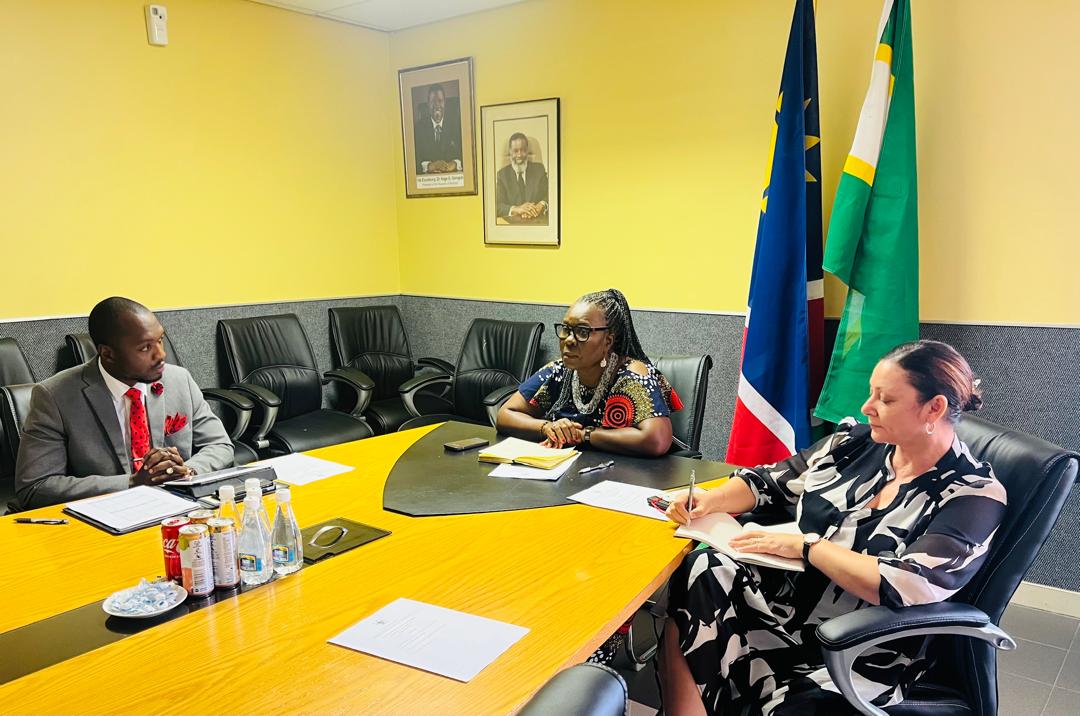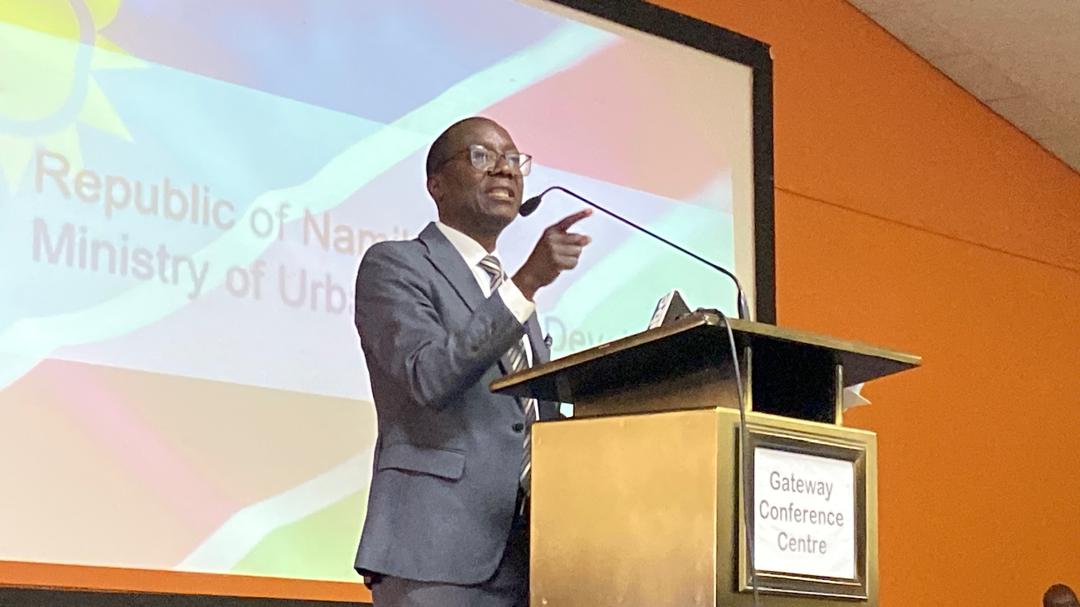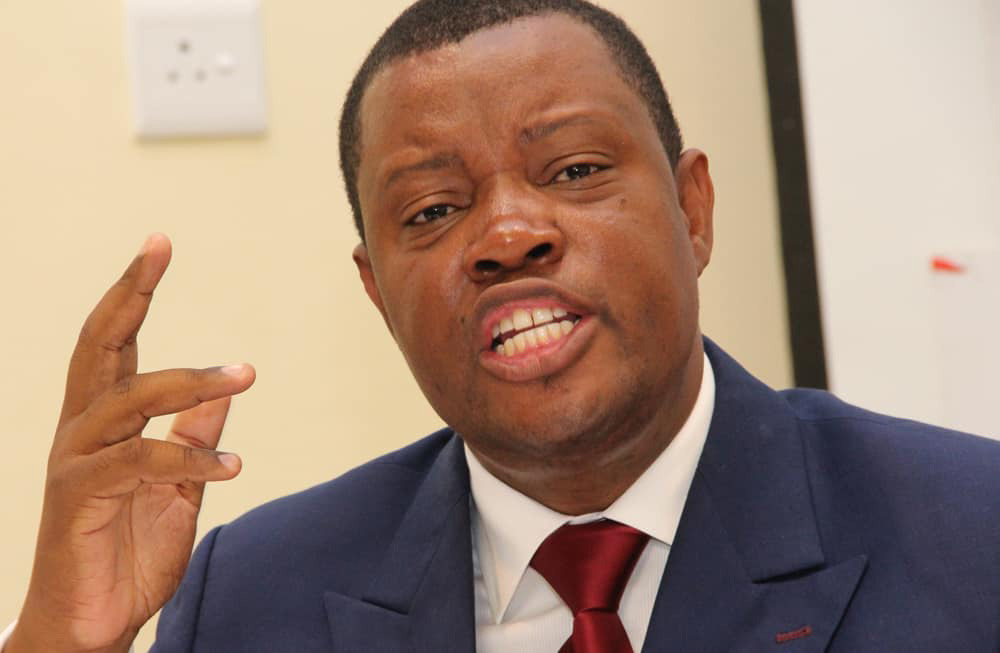DAVOS, Switzerland – China and Russia blamed debt-fuelled consumption on Wednesday for massive financial collapse and called for global cooperation to repair the world economy.
‘The existing financial system has failed,’ Putin told business and political leaders holding their annual World Economic Forum in this Swiss ski resort. Growth was based on greed where one centre printed money without respite and consumed wealth, and another manufactured cheap goods and saved money, he said. His clear swipe at the United States was echoed by Chinese Premier Wen Jiabao, who said the bad macroeconomic policies and unsustainable growth models of some countries ‘characterised by prolonged low savings and high consumption’ were primary reasons for the crisis. Wen also blamed the ‘blind pursuit of profit.’ Despite the criticism of Western policies, both China and Russia pledged their support for open markets, refuted protectionism and called for the Group of 20 major economies to work swiftly toward a global regulatory system that would put world markets and financial institutions on a safer footing. Certainly government solutions are in the driver’s seat at meetings of business leaders and politicians in the Swiss mountain resort, a reversal from the usual gathering where Wall Street tycoons rule. European Central Bank chief Jean-Claude Trichet joined the call for profound reforms to drag the economy back to health and said the G20, whose leaders hold a summit in April, was doing ‘good work’ on policies. Everybody can see the present system is too fragile, and we have to reintroduce an element of resilience … and we need to do that without any consideration of any kind of vested interest,’ he told Reuters Television. GRIM MOOD Crisis-hit bankers are thin on the ground at the meeting, and the few who did express concerns that governments would stretch too far on the regulatory front and stifle growth got scant hearing. They were promptly reminded that governments are bailing many of them out. The mood among business people was grim. The International Monetary Fund forecast the world economy would slow to a near standstill this year, warning that deflation risks were rising. A poll by PricewaterhouseCoopers of more than 1 100 CEOs found that just 21 per cent of CEOs said they were very confident of growing revenue in the next 12 months, down from 50 per cent a year ago. Most business leaders said they expected no more than a slow and gradual recovery over the next three years. ‘There are no silver bullets. My sense is 18 to 24 months of a very tough economic environment,’ Maria Ramos, chief executive of Transnet, South Africa’s rail and logistics company, told Reuters. Stephen Roach, Morgan Stanley’s Asia chairman, agreed it would be ‘a long slog’ over the next three years. Forty per cent of the world’s wealth was destroyed in the last five quarters. It is an almost incomprehensible number,’ said Stephen Schwarzman, chairman of the leading private equity company Blackstone Group. ‘Business will be very different.’ – Nampa-Reuters
Stay informed with The Namibian – your source for credible journalism. Get in-depth reporting and opinions for
only N$85 a month. Invest in journalism, invest in democracy –
Subscribe Now!









